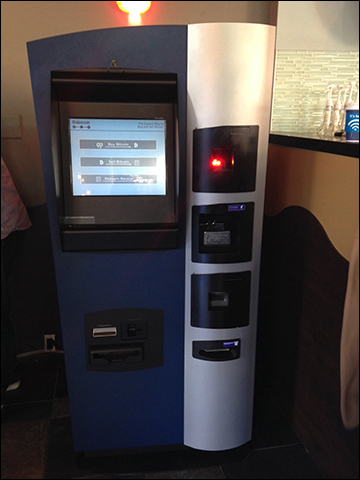Christopher Malmo
Vice
April 1, 2014

As it turns out, it may not need to completely replace money to shake things up. A number of groups have already begun working worldwide on evolving cryptocurrency technology and adapting it to other uses. So far we’ve seen SolarCoin trying to incentivize renewable energy, Namecoin allowing people to circumvent pesky internet censorship and site takedowns, and the nationalistic AuroraCoin getting handed out to all Icelandic citizens.
One of the most promising applications of new crypto tech lies in creating transparent, efficient systems for making political decisions. For those who are counting on cryptocurrencies to radically shift political power back to the people’s hands, it’s worth considering that decisions about how we organize society and allocate resources are just as important as the currency we use for trading. Enter bitcoin-based voting.
The Emergency Election Sale is now live! Get 30% to 60% off our most popular products today!


